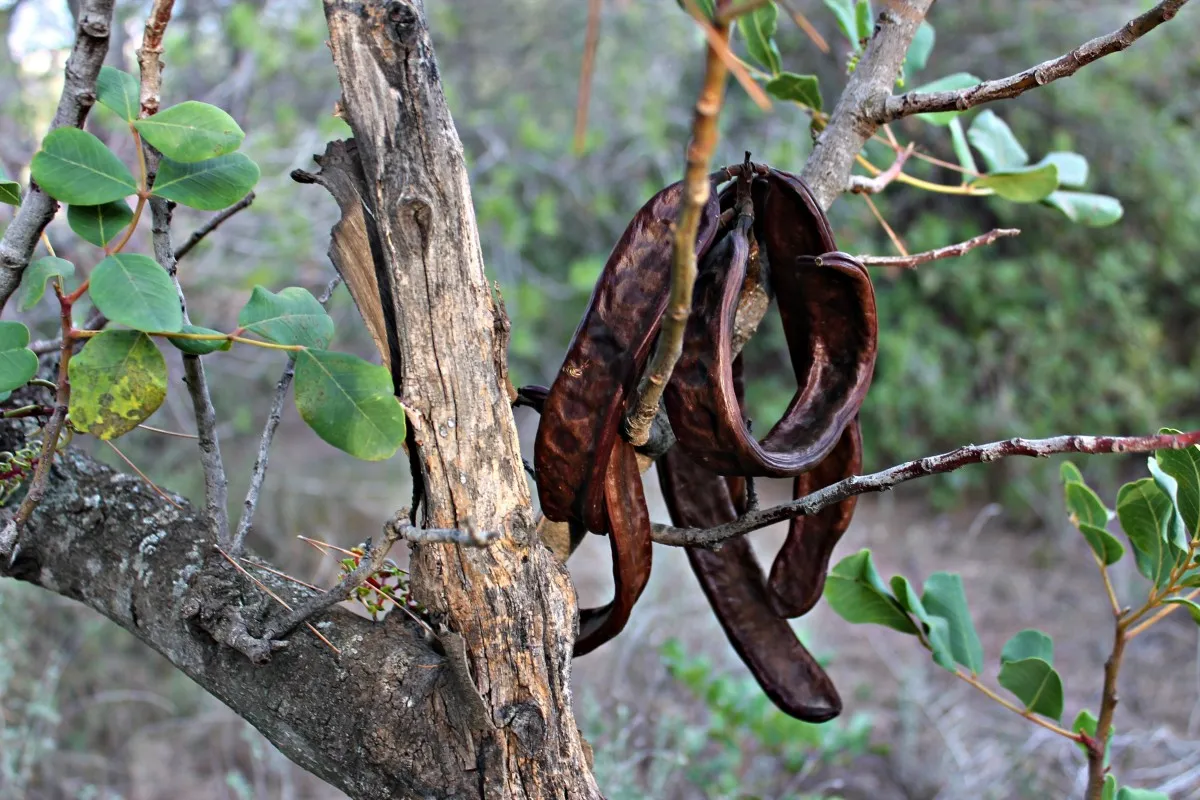
tan pronto como (VII)
no hay daño y es atroz, nos dijo,
no hay sufrimiento,
y por eso lo cubrimos desesperadamente,
manta sobre manta,
cómo podríamos haber sentido el olor de los muertos
que aún no habían nacido,
y sin embargo allí estaba,
en cada movimiento,
en cada vaina seca,
en cada aullido,
¿por qué la muerte tarda tanto en florecer?
me preguntabas tendida entre las sombras,
limpiábamos los rasguños con alcohol,
cómo es posible que apenas haya sangre, pensábamos,
casi no se escuchaban los reptiles entre las herramientas,
había que imaginar sus susurros y sus garras,
estaremos bien si cerramos las puertas,
si miramos los eclipses de reojo sobre un papel,
si dejamos que avancen,
que se pierdan en el horizonte,
en paz, de pueblo en pueblo,
si al pasar echamos una palada de tierra fértil sobre sus cabezas,
estaremos bien,
pisoteamos y abonamos,
al fin y al cabo somos caballos pastando en la tierra inalterada,
de la sangre regada brotará el trébol blanco,
y estaremos bien,
descansemos bajo el tala,
solo los mosquitos turbarán nuestro sueño,
pero el agua es clara, luminosa,
siempre llevaremos el muro de nuestros ojos,
siempre podremos levantar un muro de ojos arrancados,
acurrucarnos detrás, cuando la lluvia arrecia o amaina,
con el arcoíris clavado en la espalda de los otros,
y contar los segundos que pasan
entre que el rayo calcinó sus casas y el sonido del aullido
[ENG - Translated with Deepl. The translation of poetry is very complex, therefore, in this case, it is not intended to have literary value, but only to serve as an orientation for reading.]
as soon as (VII)
there is no harm and it is atrocious, he told us,
there is no suffering,
and so we cover it desperately,
blanket upon blanket,
how we could have felt the smell of the dead
who had not yet been born,
and yet there it was,
in every movement,
in every dry sheath,
in every howl,
why does death take so long to blossom?
you asked me lying in the shadows,
we cleaned the scratches with alcohol,
how is it possible that there's hardly any blood, we thought,
you could barely hear the reptiles among the tools,
you had to imagine their whispers and their claws,
we will be fine if we close the doors,
if we look at the eclipses out of the corner of our eye on a piece of paper,
if we let them advance,
if we let them get lost on the horizon,
in peace, from town to town,
if we throw a shovelful of fertile soil on their heads as we pass by,
we'll be all right,
we trample and fertilize,
after all we are horses grazing on the undisturbed earth,
from the watered blood will sprout the white clover,
and we'll be all right,
let's rest under the felling,
only the mosquitoes will disturb our sleep,
but the water is clear, luminous,
we'll always carry the wall of our eyes,
we can always raise a wall of plucked eyes,
huddle behind it, when the rain is heavy, or abates,
with the rainbow nailed to the back of the others,
and count the seconds that pass
between when the lightning scorched their houses and the sound of the howl
Esta es la séptima parte de un largo poema, cuya primera versión fue publicada en los folletos de poesía Los vamos a cagar a coplas.
This is the seventh part of a long poem, whose first version was published in the poetry pamphlets Los vamos a cagar a coplas.
Primera parte / part One
Segunda parte / Part Two
Tercera parte / Part Three
Cuarta parte / Part Four
Quinta parte / Part Five
Sexta parte / Part six
La fotografía es de pixabay y se encuentra en dominio público.
The photograph is from pixabay and is free even for commercial use.